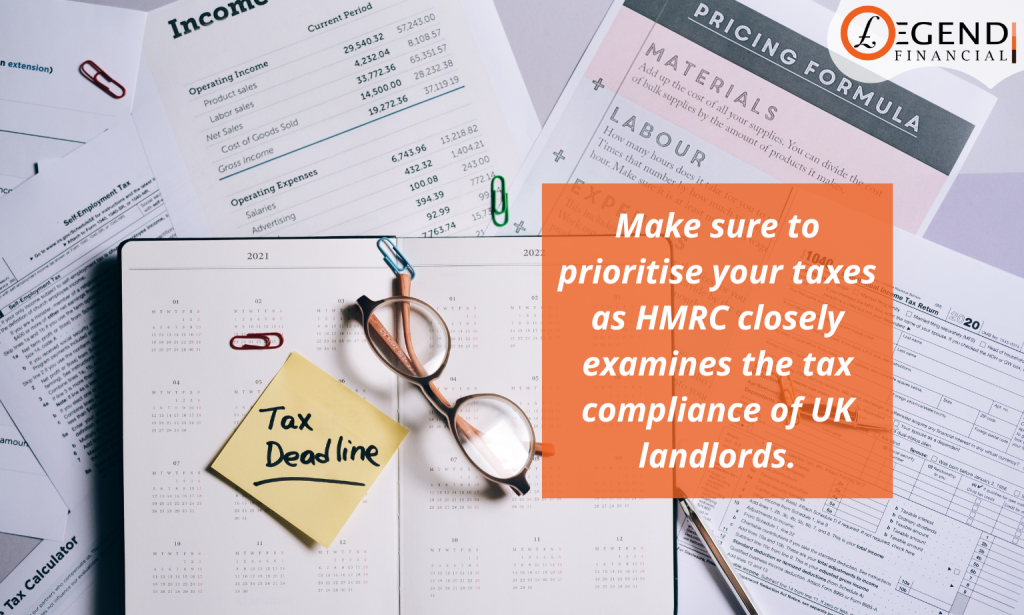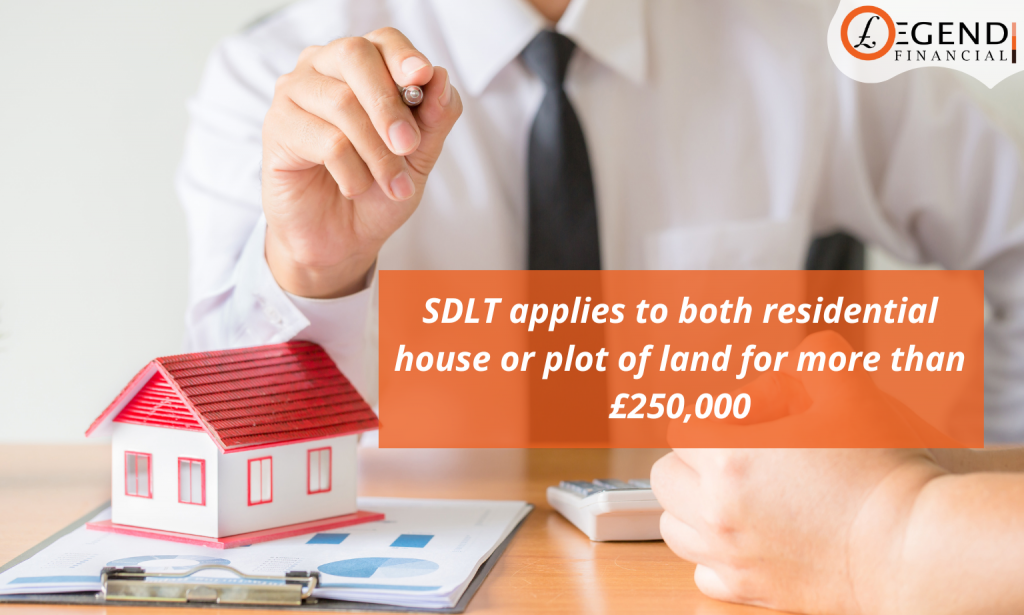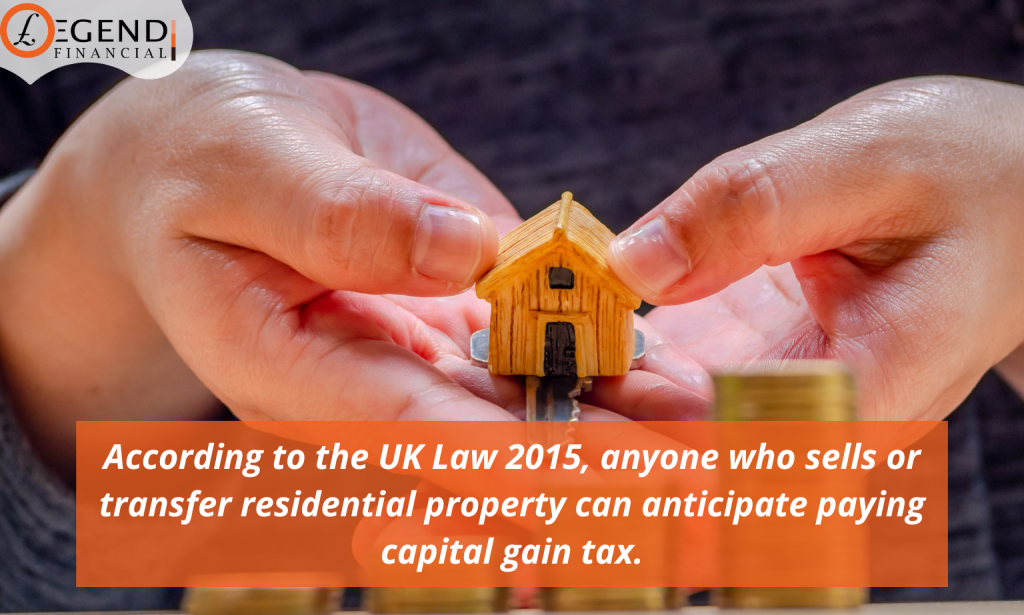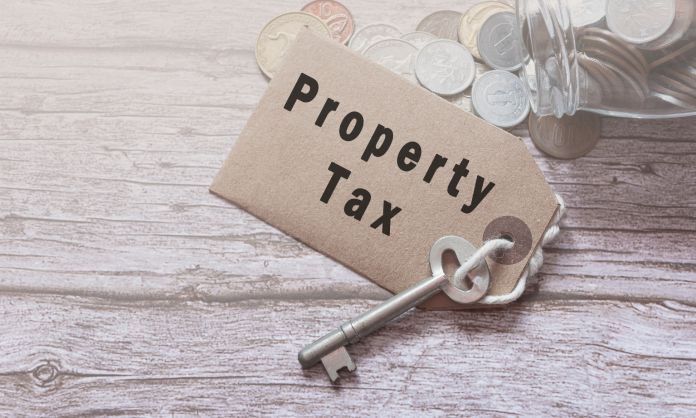Residential property taxation has seen a significant modification in recent years. Therefore, it is essential to consider the tax treatment as soon as you decide to buy a residential property in the UK.
The primary tax concerns to keep in mind throughout the lifecycle of property ownership are essential, along with various possible strategies to structure a residential property transaction to avoid any misadventure with HMRC.
HMRC launched the Let Property Campaign (LPC) to closely monitor the tax compliance of UK landlords and property investors. It successfully recovered up to a quarter of a billion pounds for the government. LPC discovered that 1.5 million landlords either were underpaid or forgot to pay their taxes in full.
Landlords of residential properties are pressured to proactively take care of their tax duties or face severe penalties. It’s critical to disclose your rental income and stay current with your tax obligations if you own property or are a landlord.

Structure a UK Residential Property Purchase
Depending on an individual’s or family’s situation, there are almost endless ways to organise a UK residential property purchase, and each has pros and cons. The three main ways to own a UK residential property are in your name, through a company, or a trust.
Based on the UK’s tax laws for 2021–2022, a high-level comparison of these three choices is provided below. It is wise to seek experts’ assistance when necessary and to read this summary in conjunction with the additional information provided in the remaining sections of this notice.
Tax on Purchase
Stamp Duty Land Tax (SDLT) must be paid on the acquisition price of a property in England or Northern Ireland. Wales and Scotland both impose similar land transaction taxes on real estate.
When purchasing a residential house or a plot of land for more than £250,000, buyers must pay stamp duty or Stamp Duty Land Tax (SDLT) in official terminology. This tax applies to both properties if you acquire a property outright or with a mortgage, freehold or leasehold.
Buyers in England and Northern Ireland can continue to take advantage of the SDLT exemption on homes costing up to £250,000 from 1 July through 30 September. The new stamp duty holiday also reinstatement of the particular guidelines and rates for first-time buyers, including those who acquire a home under a shared ownership programme.

Using the home’s worth as a base, stamp duty is computed. The rate you pay fluctuates according to the cost of the property until 30 September 2021, as shown in the chart below.
| Purchase price | Main residence | Additional homes |
| £0 – £250,000 | 0% | 3% |
| £250,001 – £925,000 | 5% | 8% |
| £925,001 – £1.5m | 10% | 13% |
| £1.5m+ | 12% | 15% |
Annual Tax on Enveloped Dwellings (ATED)
To make it less appealing to hold high-value UK residential property indirectly, such as through a business, to avoid or minimise taxes, the annual tax on enclosed dwellings (ATED) was created.
A privately held company that owns a UK residential property worth more than £500,000 must pay (ATED) yearly (including properties held by partnerships with corporate partners and specific collective investment schemes). Whether the entity is a resident of the UK or not is irrelevant to this tax.
If the company in question conducts specific businesses about the property for the entire year, such as property development and commercial rental, to third parties, no ATED is due. The company must still get periodic appraisals and submit annual ATED tax filings.
The property should be held outside of a company as this is the most straightforward approach to guarantee that no ATED is due. If the property is owned in your name or by a trust that meets specific criteria, no ATED is due, and no paperwork must be filed.
Selling Residential Property
The tax on gains realised while selling or disposing of an asset, such as real estate, is known as capital gains tax. In the most straightforward terms possible, the entire gain, or profit, is determined by deducting the sale price from the original purchase price.
The sale value of a property will typically match the asking price if you’re selling it. In some cases, the market value at which it is reasonable to anticipate that the property will trade on the open market is utilised.
When selling or giving a UK property as a gift, non-UK residents were not always required to pay UK capital gains tax. However, due to a change in the law in 2015, anyone who sells or transfers a residential property in the UK can now anticipate paying capital gains tax on any increase in value from that point forward, regardless of where they reside.

The following tax rates apply to gains from residential properties in the UK:
| Type of entity | The tax rate on gains |
| Individual | 18% or 28% (depending on total UK income and gains in the year of sale/gift) |
| Trustee | 28% |
| All companies until April 2023 | 19% |
Regardless of the tax rates displayed here, the initial portion of any gain from a sale or gift would be tax-free if you held the property in your name (or through a trust). For individuals and most trusts, this would result in a tax exemption on the first £12,300 of any gain.
Inheritance Tax
UK inheritance tax on deaths or specified gifts has always applied to residential properties owned directly by persons in the UK. However, by holding UK properties in non-UK company structures, people who were not citizens of the UK might occasionally keep them outside the purview of inheritance tax charges.
Your nation of domicile is typically set and highly challenging to change, in contrast to your residency status, which you can change very simply. According to HMRC, it is often determined by the nation that your father considered to be his permanent home at the time you were born. However, because inheritance tax is a crucial source of revenue for the government, if you were born, reared, and have a property in the UK, you’re likely to be considered a UK resident for inheritance tax.
If you are, HMRC may impose IHT on your entire estate. This implies that regardless of where your assets are located in the globe if you are assessed to be domiciled in the UK, and your estate is worth more than £325,000 at the time of the unfortunate event, your heirs are required to pay inheritance tax on everything over that amount at a rate of 40%. Over 70% of the wealth transfer over the next few years is anticipated to be made up of the real estate.
Have questions about residential property taxes? Utilising one of our members of tax services in Hounslow, London, ensures that you will speak with a qualified agent who will provide you with current information and direction.






